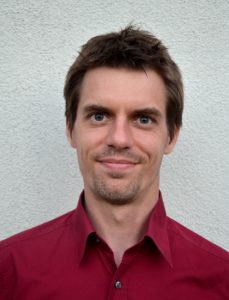Výzkum v rozvrhovacích algoritmech
Mnoho nových systému pracuje v takzvaně smíšeně-kritickém (mixed-critical) prostředí, kde kritické úlohy sdílí společné zdroje s méně kritickými. Současný výzkum v systémech reálného času dospěl k perspektivním metodám které umožňují efektivně zkombinovat bezpečnost a efektivní využití zdrojů. Mixed-criticality přístup uvažuje více různých dob zpracovávání úlohy které závisí na stanovené úrovni záruky úspěšného dokončení. Pro tento model popisu chování systému je zapotřebí nových rozvrhovacích algoritmů pro sestavování flexibilních rozvrhů.
Projekty: GACR FOREST
Optimalizace lidských zdrojů
Máme dlouhodobou zkušenost s optimalizací lidských zdrojů. Zaměřujeme se zejména na aplikace v oblastech zdravotní péče a dopravy, ovšem vytváříme algoritmy aplikovatelné i v příbuzných doménách. Naší největší odbornou specializací jsou problémy s vysokým množstvím různých typů směn. Algoritmy navržené v naší skupině jsou schopny produkovat efektivní rozpisy směn pro více než stovku unikátních zaměstnanců na časových horizontech překračující jeden měsíc za dodržení desítek různých omezení.
Optimalizace energie
Energetická optimalizace robotických buněk je důležitým aspektem udržitelné výroby. Náš monolitický matematický model robotické buňky umožnil návrh a vývoj efektivního optimalizačního algoritmu který dosáhl více než 25% úspory elektrické energie pro existující linku ve Škodě Auto.
Projekty: MPO TRIO eRobot
Vědečtí pracovníci: Šůcha Přemysl, Hanzálek Zdeněk, Chrpa Lukáš, Rohani Nezhad Mohammad, Novák Antonín
Doktorandi: Grus Josef, Heinz Vilém, Med Jakub, Nyporko Andrii, Stejskal Petr, Nikolai Antonov


